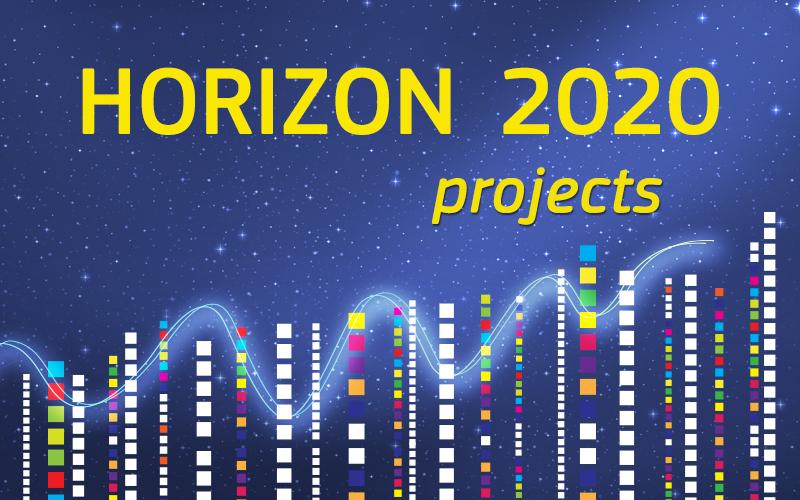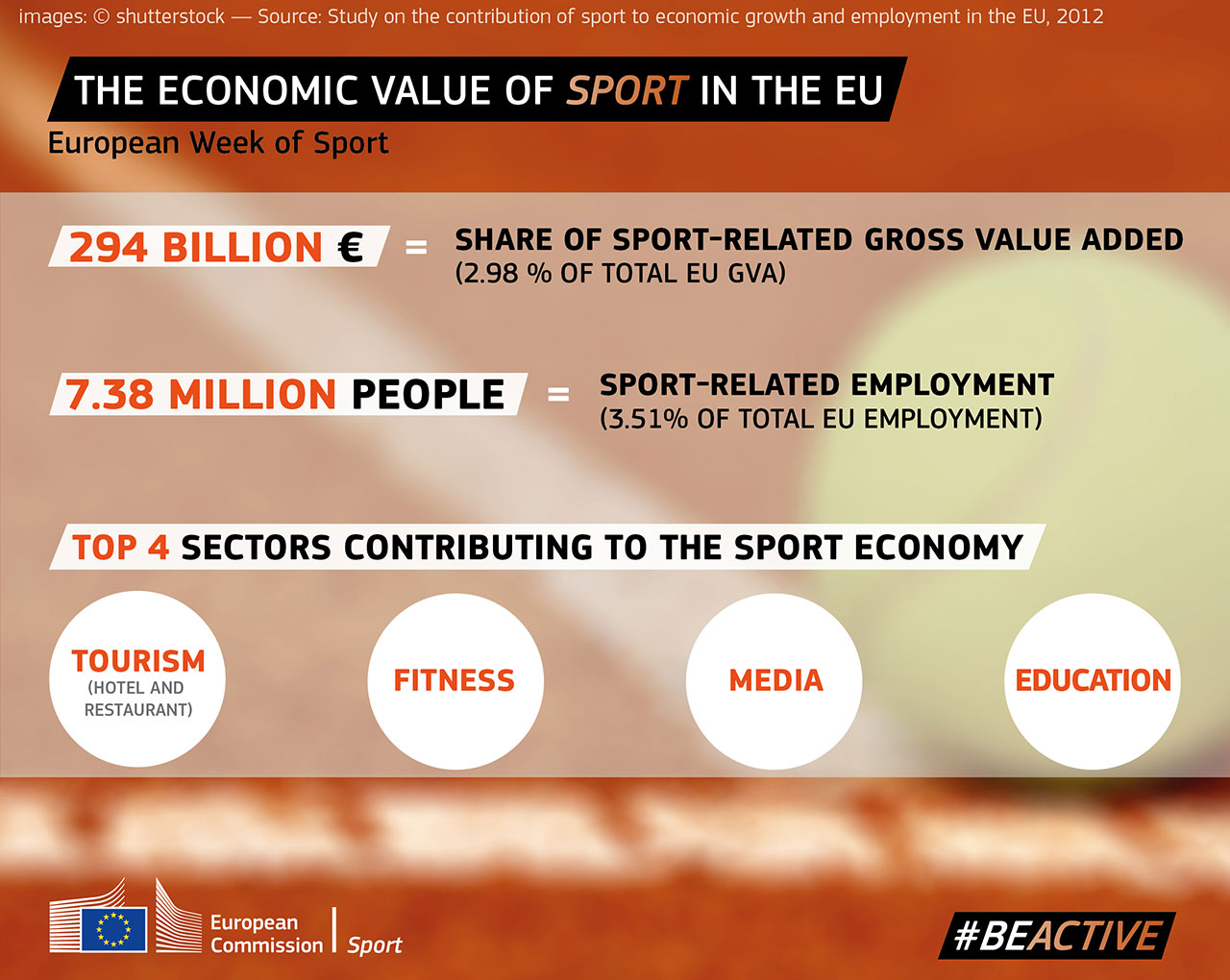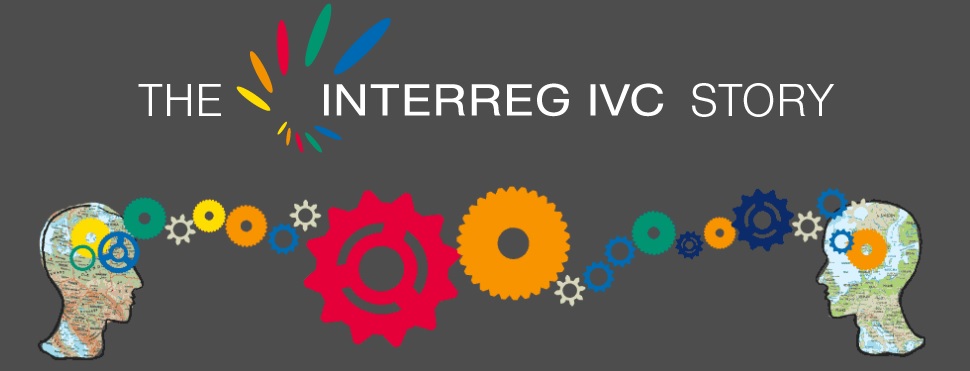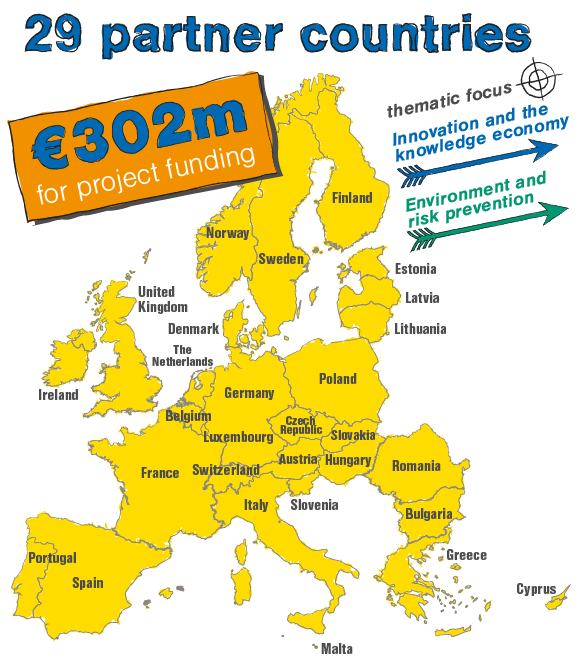The new interregional cooperation programme – Interreg Europe – has been officially approved by the European Commission on 11th June 2015 in Brussels. The Interreg Europe programme financed by the European Regional Development Fund (ERDF) aims to improve the implementation of regional development policies and programmes, in particular programmes for Investment for Growth and Jobs and European Territorial Cooperation (ETC) programmes. There are four great topics:
- Research and Innovation
- Competitiveness of SMEs
- Low Carbon economy
- Environment and resource efficiency
By co-financing projects and four thematic platforms it allows regional and local public authorities and other players of regional relevance across Europe to exchange practices and ideas on the way public policies work, and thereby find solutions to improve their strategies for their own citizens.
The programme is financed by the European Regional Development Fund (ERDF). The total budget for the programme is EUR 359 million. There are 30 Countries are participating in the programme: 28 EU Member States plus Switzerland and Norway.
The Interreg Europe is continuation of INTERREG IVC (2007-2013). EU support for interregional cooperation has existed for around 20 years. Several features have been introduced in the new programming period to ensure that EU funds are used more effectively:
- Greater emphasis on improving programmes that are part of the European Union’s Cohesion policy
- Capturing the project results: the more focused the topics, the greater the chances of producing effective results
- Public administrations are the primary target group of Interreg Europe
- Stakeholder group per participating region will have to be established
We recomend to read the INTERREG_EUROPE_leaflet, where you can easily find all information about the programme.







